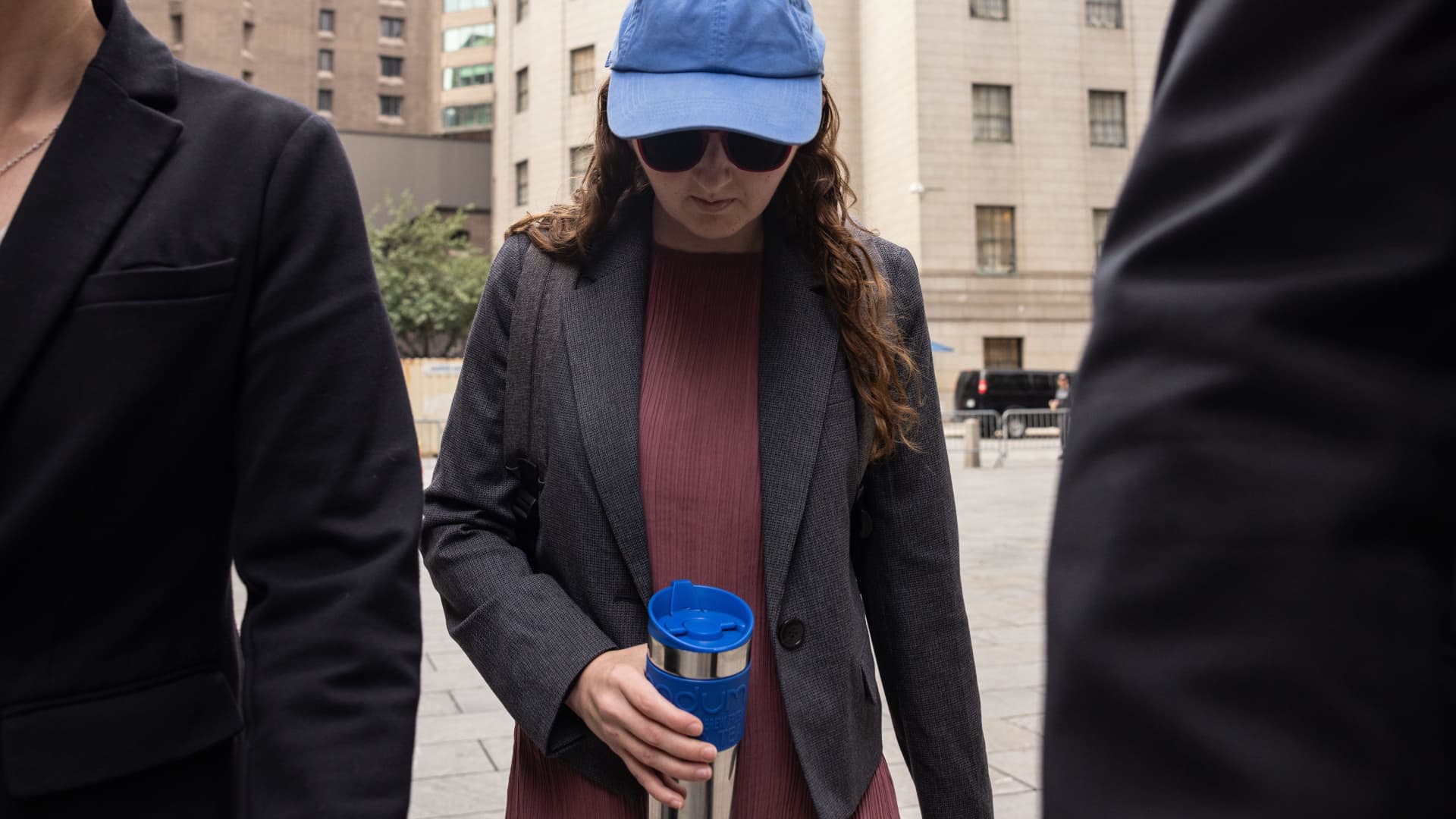Do not leave any paper trail: how a group of sovereign citizens used a phony credit repair business to amass a real estate empire

Bad credit? No problem.
A group of alleged scam artists have been charged with running a fraudulent credit repair business and then using their clients’ identities to get mortgages on millions of dollars worth of real estate in order to pocket the rental fees.
When the crew — which included a mortgage broker, a real estate agent and a notary — were indicted earlier this year, several flooded the court with nonsensical filings claiming they were sovereign citizens and that U.S. courts had no jurisdiction over them.
Followers of the sovereign citizens’ movement deny the legitimacy of the U.S. government and often refuse to pay taxes and gum up the legal system through endless and obstructive court filings.
Three of the alleged co-conspirators disappeared and went on the run for several months but were taken into custody last week on charges related to what federal prosecutors in Texas have described as a multilayered mortgage, credit-repair and government-loan fraud scheme.
Heather Ann Campos and David Lewis Best Jr. of Texas were indicted in January and had been scheduled to turn themselves in to face charges but then went on the lam for months, prosecutors said. Stephen Laverne Crabtree of Utah was indicted later and then fled after posting bond.
Messages left with attorneys for Campos and Crabtree weren’t immediately returned. Best’s attorney said: “It’s too early to jump to any conclusions in this case.”
The alleged ringleaders of the scheme, Steven Tetsuya Morizono and Albert Lugene Lim, who are brothers-in-law from California, were arrested in March after investigators said they had been found staying at a hotel under a relative’s name with bags full of cash and appeared to be making preparations to leave the country.
Morizono is a citizen of Japan, and Lim has ties to Mexico.
Messages left with attorneys for Morizono and Lim weren’t immediately returned.
If convicted, all face up to 30 years in federal prison and a possible $1 million maximum fine.
At the heart of the scam was a credit repair business operating under the names KMD Credit, KMD Capital and Jeff Funding, among others, according to court documents.
The group would submit applications on behalf of clients who had bad credit, falsely stating they had been victims of identity theft. The applications, to the Federal Trade Commission and credit agencies, would be backed with phony documentation and would often be approved, giving the clients improved credit scores, prosecutors said.
The group would then use their clients’ identities — sometimes without their knowledge — to apply for mortgages, credit cards and, more recently, for COVID-19 relief aid. The bogus mortgages would be used to purchase houses in Texas and beyond, and the group would collect the rental income the homes generated, according to prosecutors.
In all, the group acquired dozens of homes worth millions of dollars, prosecutors said.
Prosecutors say Morizono insisted that all those working on the scam use phony identities — he went by Jeff Lucian — and kept as little paperwork documenting the scheme as possible.
“Morizono did not want a paper trail because those documents could ‘get them in trouble’ and a shredder was brought into the office,” prosecutors wrote in court papers, quoting one of Morizono’s co-conspirators.
Morizono’s attorney said in court papers that while her client had initially argued that he was a sovereign citizen and that U.S. courts had no jurisdiction over him, he later renounced the philosophy and acknowledged the court’s authority.




